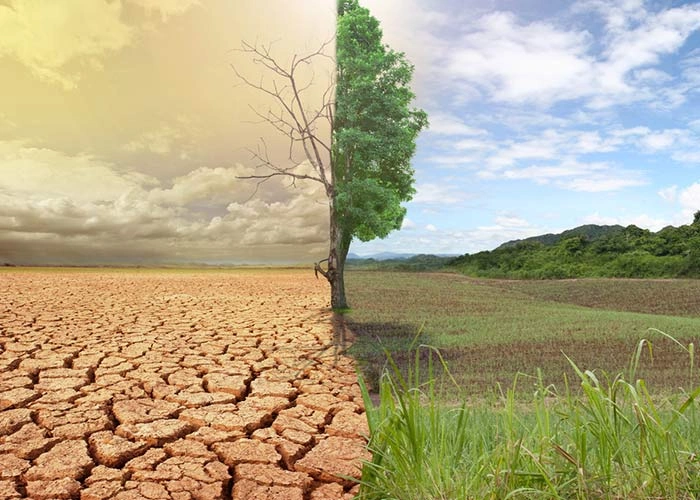Introduction
As the world grapples with climate change, the agricultural sector is increasingly at the
forefront of discussions about sustainability. This is particularly true in the context of global
trade, where the demand for sustainably produced goods is growing. This trend is reshaping
the agricultural export landscape, with both challenges and opportunities for farmers and exporters.

The Growing Importance of Sustainability
Sustainability in agriculture encompasses a wide range of practices aimed at reducing
environmental impact, conserving natural resources, and enhancing the resilience of farming
systems. These practices include:
Soil health improvement through reduced tillage, cover cropping, and organic farming.
Water conservation techniques such as drip irrigation and rainwater harvesting.
Reduction of chemical inputs, focusing on the use of natural fertilizers and pest control
methods.
Energy efficiency and the adoption of renewable energy sources on farms.
Countries importing agricultural products are increasingly prioritizing these sustainable
practices. For example, the European Union has stringent regulations on the environmental standards of imported goods, pushing exporters to comply or risk losing market access.
Climate Change and Its Impact on Agricultural Exports
Climate change poses a significant risk to agricultural productivity and, consequently, to
exports. Extreme weather events such as droughts, floods, and heatwaves can drastically
reduce crop yields. This not only affects the quantity of products available for export but also
their quality, which can lead to market rejection or lower prices.
Moreover, climate change is leading to shifts in the regions where certain crops can be grown.
For instance, rising temperatures are pushing the cultivation of some crops northward,
altering traditional agricultural zones and forcing exporters to adapt their strategies.
The Role of Technology in Addressing These Challenges
Advancements in technology are playing a crucial role in helping farmers adapt to climate
change and meet sustainability goals. Precision agriculture, which uses data and AI to
optimize farming practices, is reducing waste and improving resource use efficiency. For
example, sensors and drones can monitor crop health in real-time, allowing for precise
application of water, fertilizers, and pesticides (Agriculture Dive).
Additionally, blockchain technology is being used to enhance transparency and traceability in
the supply chain. This not only helps in verifying sustainable practices but also in gaining
consumer trust, which is becoming increasingly important in global markets.
Global Trends and Consumer Demand
There is a growing consumer demand for sustainably produced goods, particularly in
developed markets like Europe and North America. This demand is influencing retailers and
food companies to source products that are certified organic, fair trade, or have other
sustainability labels. As a result, agricultural exporters are increasingly required to provide
proof of sustainable practices to maintain their market share.
Governments and international organizations are also stepping up efforts to promote
sustainability in agriculture. Initiatives such as the European Green Deal and the United
Nations’ Sustainable Development Goals (SDGs) are setting ambitious targets that are likely
to influence agricultural policies and trade in the coming years.
If you are interested in our product export visit: onion exporters from india
Conclusion
Sustainability and climate impact are becoming central to the future of agricultural exports.
Farmers and exporters who embrace sustainable practices and adapt to the challenges posed
by climate change are likely to find themselves at an advantage in the global market.
Conversely, those who fail to do so may struggle to compete as regulations tighten and
consumer preferences evolve,
By investing in sustainable practices and technologies, agricultural exporters can not only
mitigate the risks posed by climate change but also seize new opportunities in a market that
increasingly values sustainability.
